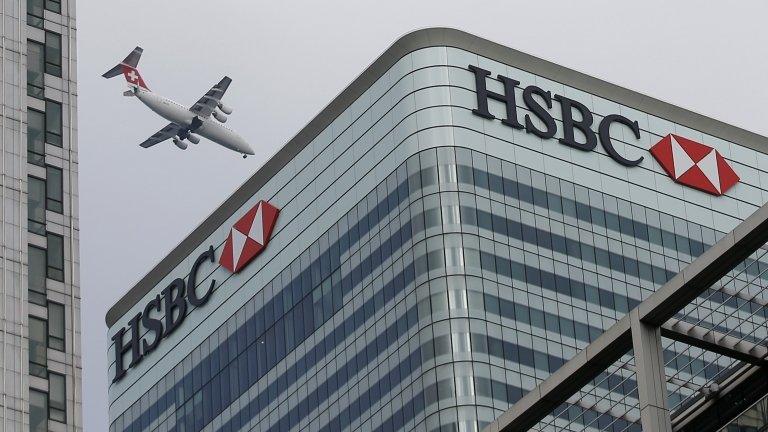HSBC blames 'challenging year' as profit falls 17%
- Published
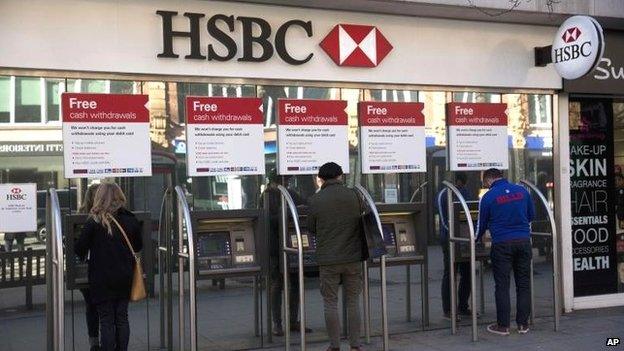
HSBC has said 2014 was a "challenging year" after reporting a 17% drop in profit to $18.7bn (£12.2bn).
The bank blamed the negative effect of $2.4bn in fines and settlements and UK customer redress for the sharp fall.
The results follow allegations, which emerged earlier this month, that HSBC had helped people evade UK tax using hidden HSBC accounts in Geneva.
HSBC chief executive Stuart Gulliver saw his overall pay for the year fall to £7.6m from £8.03m in 2013.
The lower total reflects a smaller bonus of £3.4m for the year, compared to £5.5m in 2013. Mr Gulliver said the lower bonus reflected "failures" linked to foreign exchange manipulation.
Chairman Douglas Flint's total pay increased to £2.5m from £2.4m for the year, but he did not receive a bonus.
Pressed after the results on whether he should have received a bonus, Mr Gulliver said his bonuses were subject to 100% clawback by the bank for seven years, enabling the bank to demand repayment "if anything turns up later that happened on my watch".
Advertising controversy
Mr Gulliver was also asked about the bank's policy on placing advertising in newspapers.
It follows an allegation made by the former chief political commentator at the Daily Telegraph who said that the newspaper avoided writing negative stories about HSBC, so as not to lose its advertising.
Mr Gulliver confirmed that HSBC does withdraw advertising from companies that publish negative editorial content.
But he said it was not an effort to influence newspapers' editorial decisions.
Mr Gulliver said: "We advertise in order to sell more banking products. We don't put adverts alongside hostile editorial coverage because we won't get any value for spending that advertising dollar."
And Mr Gulliver went on to describe the move as "just common sense" for HSBC's marketing team.
"There's nothing sinister to it at all. Genuinely, there is nothing beyond a commercial decision as to where we put our advertising."
Shares slide
HSBC's shares fell more than 5%, hitting their lowest level for two-and-a-half years, after it reported its fall in profit, which was larger than analysts had expected.
The drop in profitability was driven by $2.4bn in fines and customer compensation costs, largely connected to fines in connection with traders' attempted manipulation of foreign exchange rates and compensation for the mis-selling of payment protection insurance.
The bank has been streamlining its business in an attempt to boost earnings, and Mr Gulliver said it had now closed or sold 77 businesses and lost 50,000 jobs since he took the helm in 2011.
"For all the recent media furore around potential conduct issues, it is the 'underlying' performance which, we believe, should be the greatest cause of investor concern," said Investec analyst Ian Gordon.
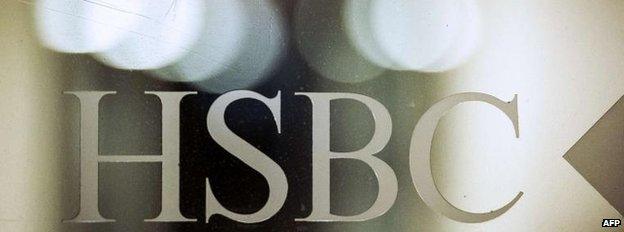

Analysis by Kamal Ahmed, BBC business editor
In all the coverage of HSBC's Swiss private banking arm and Stuart Gulliver's banking arrangements (channelled through Switzerland and Panama), it is easy to miss the fact that HSBC has more broadly had a torrid year.
Its return on equity (the key marker of the return a bank is making on the money it invests) has fallen from 9.2% to 7.3%. Its earnings per share are down. Its operating expenses - the amount it costs to run the bank - are up 6.1%.
Fines and "redress" (in the main payments for the mis-selling of payment protection insurance) total £2.4bn. The bank has also raised significant concerns over Europe, saying that reform is "far less risky than going it alone".
No wonder HSBC's share price is down 5% this morning.

On Monday, HSBC reiterated its recent apology for the conduct of its Swiss private bank, saying the historical practices and behaviour were "unacceptable".
The bank said restoration of trust in the industry "remains a significant challenge as further misdeeds are uncovered but it is a challenge we must meet successfully".
"When commentators extrapolate instances of control failure or individual misconduct to question the culture of the firm, it strikes painfully at the heart of our identity," it added.
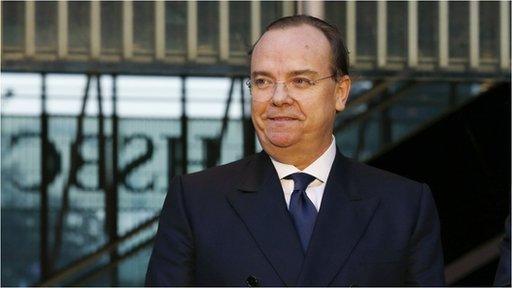
Mr Gulliver's Swiss bank account
On Sunday, Mr Gulliver himself was dragged into the Swiss tax furore, with HSBC confirming he used a Swiss bank account to hold his bonuses.
The bank was responding to a report in the Guardian that Mr Gulliver has £5m in the account which he controls using a Panamanian company.
HSBC said he opened the account in 1998 when he was living and working in Hong Kong and full tax was paid in Hong Kong on the bonus payments.
On Monday, Mr Gulliver said he had never paid below the highest rate of UK tax on all his earnings since becoming chief executive.
"I'm UK tax resident, Hong Kong domiciled. I've paid full UK tax on the entirety of my worldwide earnings. It's not surprising as a 35-year HSBC veteran that I should be Hong Kong domiciled. I would expect to die abroad, which is a test of domicility," he added.
He said HSBC's computer system in the 1990s let everyone in the bank access the bank accounts of every other member of staff. As a result, he opened a bank account in Switzerland to hide his compensation from prying colleagues. He said he then used a Panamanian company to ensure HSBC staff in Switzerland also could not access his account.
"Really it was to enable me to have confidentiality in my own firm. There was no tax advantage," Mr Gulliver said.
Investigations
The Financial Conduct Authority, HMRC, Swiss prosecutors and MPs on the Treasury Committee are looking into the allegations that HSBC helped people evade UK tax using hidden HSBC accounts in Geneva.
The former director of public prosecutions, Lord Ken Macdonald, has warned that HSBC has left itself open to criminal charges in the UK over the tax-dodging scandal.
The QC said there were strong grounds to investigate the bank for "cheating" HM Revenue and Customs (HMRC).
- Published23 February 2015
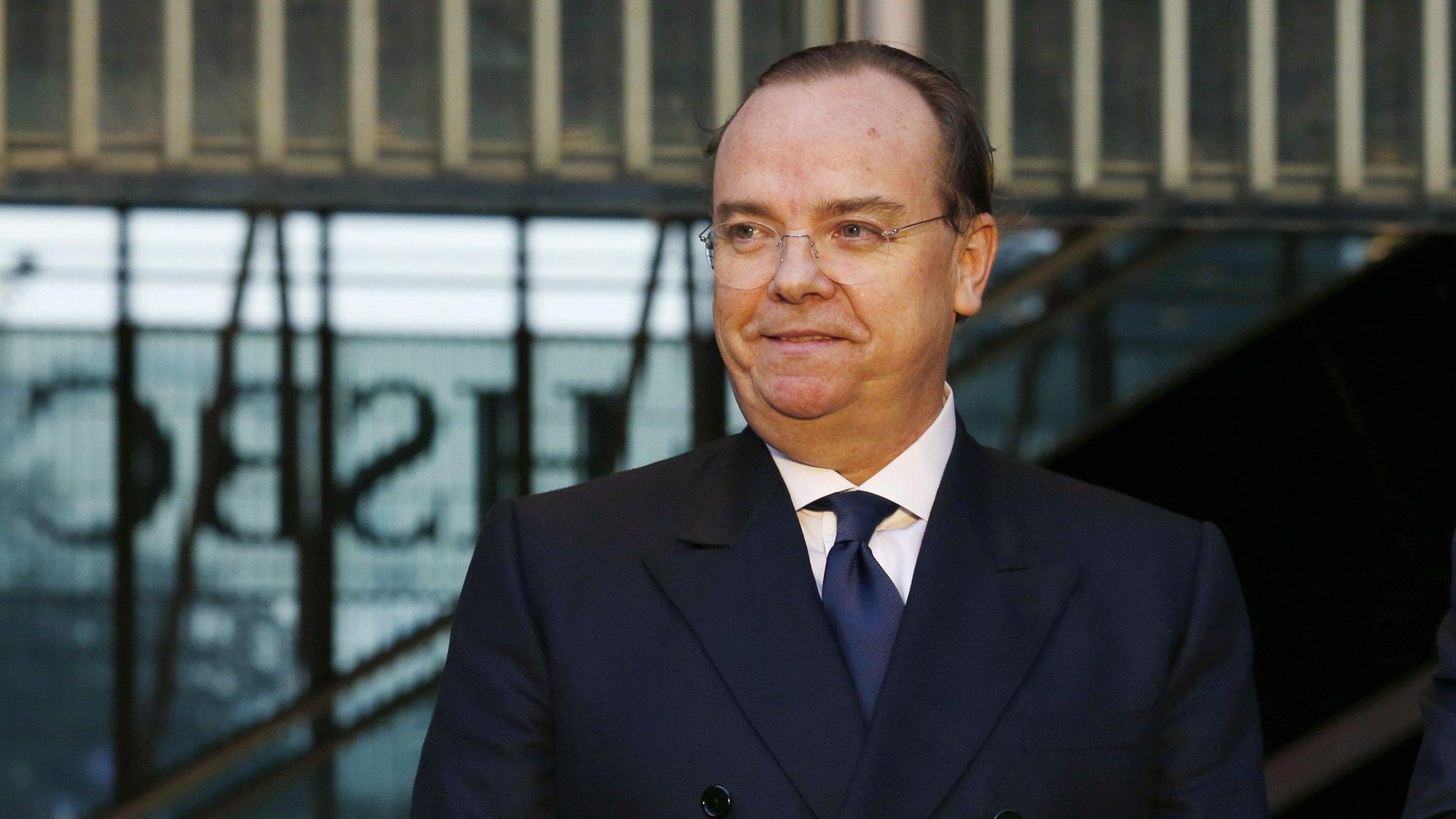
- Published24 February 2015
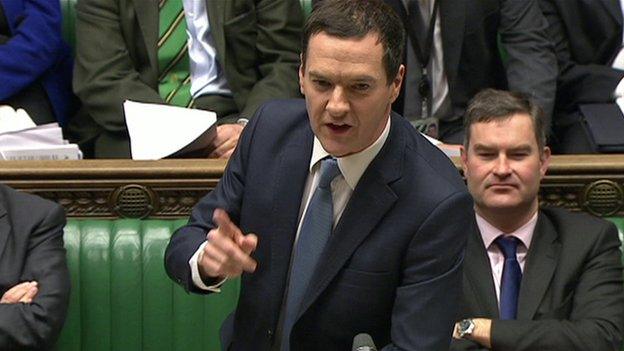
- Published22 February 2015
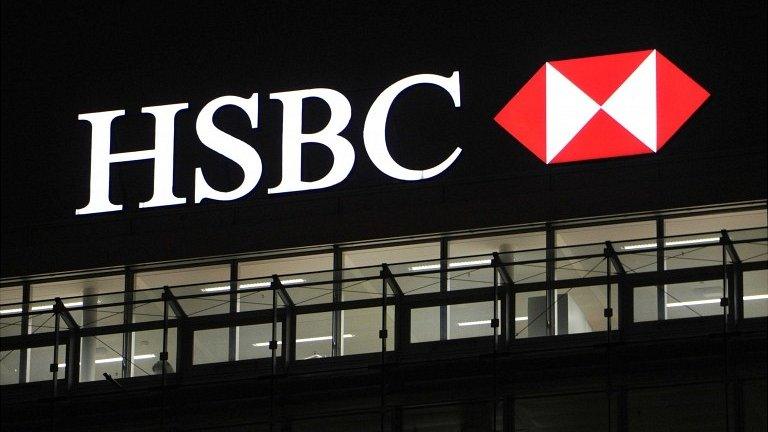
- Published10 February 2015
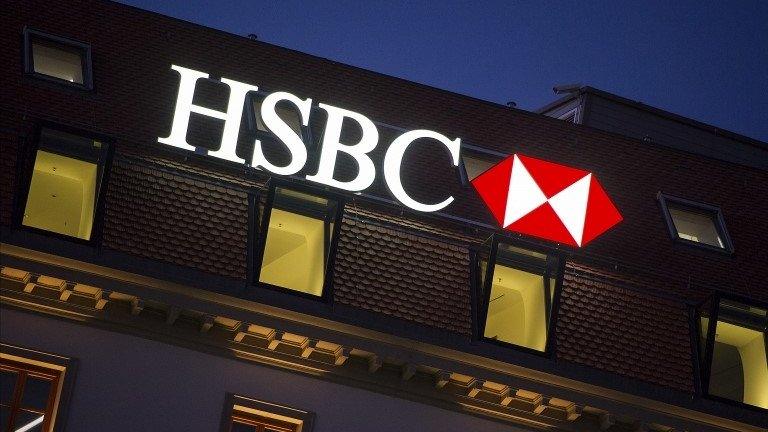
- Published18 February 2015
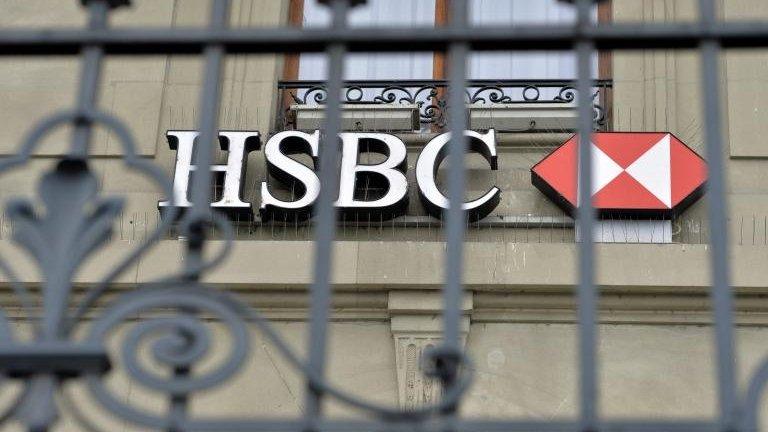
- Published16 February 2015
